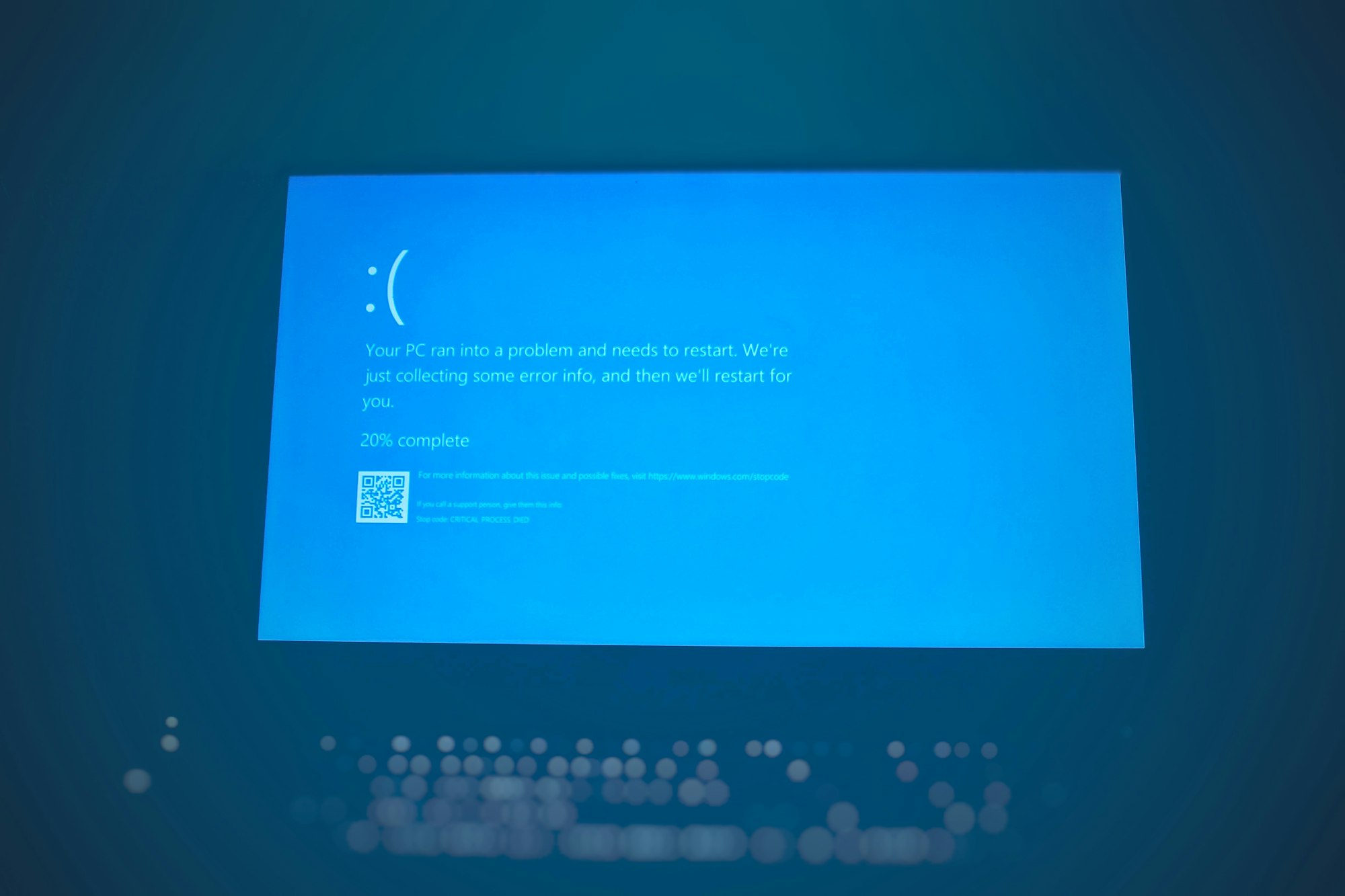Moving forward by correctly dealing with failure and fault

One of the most critical mindsets to (1.) leave behind past and current grievances and (2.) move forward in your business and personal life is to distinguish between failure and fault.
- Failure = you did not meet the desired objective (either as originally envisioned or in an alternative way)
- Fault = who or what you designate as causing the circumstances in question
What's more, dissolving grievances requires that you take things a step further by also acknowledging that your failures are ultimately yours alone to fix.
This is true regardless of the percentage of fault that can be legitimately (i.e. not what you "think" or "feel") attributed to the external situation or other person.
In other words, whoever (or whatever) is at fault, you alone at responsible for resolving the failure in your professional / personal life.
But acknowledging that your failures are yours alone to deal with is one thing.
You also need to actually take the requisite next steps to deal with it to cause desired change in your life.
"Deal with it" could mean a number of different things including (but not limited to):
- Consciously moving on from it
- Mitigating the downside
- Turning the situation into a success
- Various combinations of the above
Why?
Because it's hard to move forward when your mind is stuck ruminating on the past or current problem rather than resolving it (again, how you decide to do so is up to you) so that you can re-open the mental and emotional bandwidth needed to make progress in the other parts of your business and personal life.
One thing you don't want to do is put responsibility on yourself where the fault isn't legitimately yours. In fact, you want to be as accurate and precise in apportioning the fault so your mind doesn't create new baggage in areas of your mind (and in amounts) it shouldn't.
("Accurate" means the fault is attributed to the right source while "precise" means it is attributed in the right percentage).
So know where the fault should be assigned to you, and where the fault should be assigned to forces outside of you (regardless of whether it was 100% out of your control or if you had some degree of influence over the outcome).
Finally, I mentioned at the beginning about leaving behind past and current grievances. Does distinguishing between fault and failure, and then subsequently taking responsibility for resolving the failure (regardless of who/what is ultimately at fault) mean you automatically and instantaneously leave this baggage behind?
No, there is usually a period of mental and emotional (and if you believe in it, spiritual) digestion of the failure. But it at least kick-starts the entire process of freeing up bandwidth for you to operate at peak (or at least, greater) levels in your business and personal life.
And practicing these distinctions will also help you from forming misplaced grievances in the first place - or at least ameliorate the severity and depth of them.
